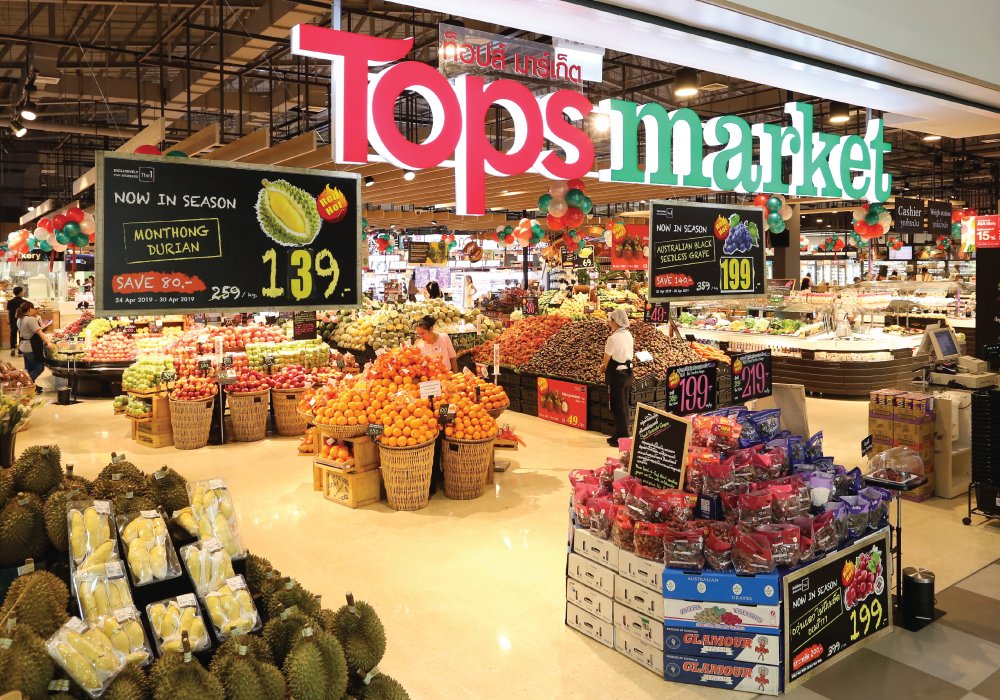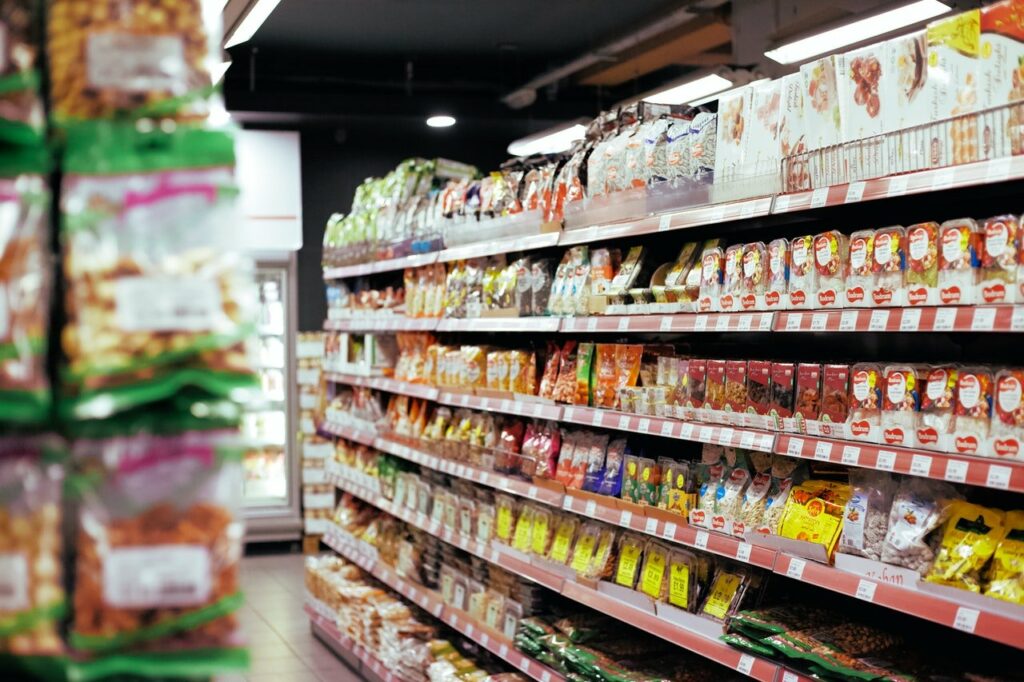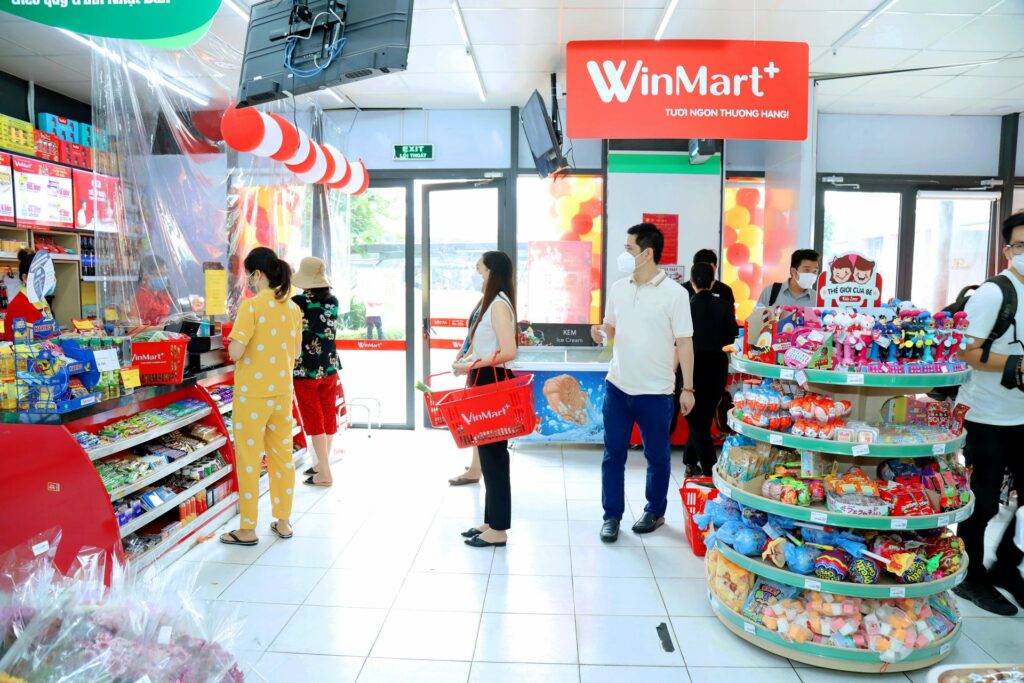Because of its growing middle class and stronger preference for foreign products , Vietnam is becoming an increasingly attractive market to foreign brands. This rise is driven by many factors, including product quality, prestige, taste, and other attributes.
However, there are many challenges to entering Vietnam’s market. Local distributors are a great option for brands that sell B2B or B2C. This allows you to gain instant market access and reduce risk.
This article will discuss the advantages and disadvantages of working alongside Vietnamese distributors. It will also highlight important points to consider when choosing a distributor.
Benefits of working with Vietnamese distributors
Partnering with a distributor is the best way to get into Vietnam if you don’t have any experience or are not local. Let’s look at some of the most prominent benefits of working locally with distributors.
Benefit from the already-in-place network of distributors
Many distributors have extensive local experience selling other brands, which has enabled them to establish a large network. Once a distribution partnership has been established, your products can be quickly reached by many consumers.
Supermarkets like Top Market, MM mega Market, and VinMart are well-known in larger cities. These companies have established relationships with distributors of imported goods, particularly in the FMCG sector. The Gioi Di Dong (Mobile World), and its associated company, Dien May Xanh are the best options for consumer electronics.

Savico, the largest dealership for automobiles in Vietnam, distributes well-known brands such as Honda, Toyota, Ford and Volvo.
Entry to multiple sales channels available
Distributors can help you import products into this country, giving you access to all channels. This is in contrast to cross-border eCommerce sales, where you have access to one sales channel. Cross-border eCommerce platforms have many product-specific requirements; moreover, the sizes and prices of the products need to be compatible for cross-border sales.
It’s illegal to sell food products and supplements across-border on Lazada. Cross-border selling of perishable food products makes it difficult to ensure refrigeration and cover higher logistics costs.
Working with a reputable and experienced distributor will allow you to sell online as well as offline. This can prove beneficial for B2C sales. Although online sales are not as common for B2B sellers but the distributor can still sell products to all types of stores including supermarkets, hotels and convenience stores.
Have only one point of contact
The distributor is your point of contact for all sales and will manage hundreds to thousands of customers. This can be time-consuming, and it requires enough experience to manage the process efficiently.
Distributors should be knowledgeable in both the sales and marketing process as well as customer satisfaction. For companies with little or no experience in Vietnam, this can prove difficult.
Product registrations
Due to the many regulatory requirements for importing products into Asia, it is important that you have the knowledge and experience of a distributor in the local registration of products. This could include registrations with customs, product labeling and inspections of facilities, among other things.

It can be difficult to manage the registrations yourself and make it impossible for you to sell products locally. Both the seller and distributor should manage the registration process to ensure that all paperwork is in order.
Working with local distributors has its disadvantages
Although there are many benefits to working with Vietnamese distributors you need to be aware of the potential risks and disadvantages. Let’s look at the most popular ones.
Controlling the sales process is challenging
Partnering with a distributor means that you have no control over sales, marketing, customer support, or warranty activities. To maximize sales and satisfy consumer expectations, you need to work closely with your distributor.
Distributors, whether they are acting purposefully or not, often fail to meet expectations. Distributors can require exclusivity and intentionally keep sales volumes low, to favor other brands they work with. To avoid such situations, it is important to include minimum sales quotas, for example, on a quarterly basis.
It is harder if you are only working with local distributors and do not have a direct connection to the retailers. This situation is slightly easier if the distributor acts in the role of the retailer. This is more common with B2B products and non-FMCG items. The manufacturer has greater insight into the sales process and better negotiation power.
Unfavorable commission rate
Supermarket commission has long been a challenge for distributors/producers. The higher the number of layers that a product has to go through before it reaches consumers, the greater the commission paid to the middlemen.
The commission paid to supermarkets can vary depending on product categories. The commission ranges from 15% to 30%. Other than the commission, foreign brands are subject to additional fees and taxes that local suppliers do not have. It is therefore important that the company’s management maintains a competitive pricing structure while still remaining profitable.
Conflict of interests
The local distributor may work with several brands, rather than one. This can lead to conflicts of interest between rivals if the sales control is left to a third party.
Suppliers who have better relationships and bonus programs with distributors are more likely to be given priority and receive privileges. Retail chains in Vietnam usually have an in-house production staff, either directly or through their related companies. These products are often given huge privileges over external ones.
Masan Group , one of the largest Vietnamese producers of FMCG products, purchased Winmart (previously Vinmart). Today, you can find many Masan products in Winmart. These include fresh vegetables/meat, snacks, drinks and instant noodles.

Bach Hoa Xanh and Co.op Mart, two of the most prominent supermarket chains in South Vietnam, are another example of this challenge. Many consumer products, such as cotton buds, cling film and bin bags, are now directly competing with products from outside suppliers. These “internally-sourced products” often have a competitive price advantage over other products.
Here are some things to remember when working with local distributors
Before you sign up for a partnership, confirm that the distributor can manage your local sales activities. Here are some important points that you should review before entering a partnership.
Logistical and sales network capabilities
Your distributor must have a sufficient network to sell the products in sufficient quantities. It’s also important to understand the retailers that the distributor sells products to.
The following items will need to be included in the distribution agreement: the number of shops they have/sell to, the current brands they distribute, typical clients and the annual sales volume.
If the distributor is active on local eCommerce platforms you should also check what platforms they are on, buyer reviews, and delivery times. You should also review the customer service and warranty.
Certain products may require special storage conditions. Cold storage for frozen foods, chillers or refrigerators for F&B, pharmaceutical products, and aseptic room for certain medical devices are all required. International companies must also ensure that local distributors have the qualifications to provide these facilities to their end-users.
Geographic coverage
Sometimes distributors are focused on certain regions. This is especially true in larger countries such as China, but also Vietnam. To understand the best sales opportunities, a market analysis must be done before a distributor is selected.
Companies should have a basic understanding of the market to be able to plan the best penetrating strategy. This includes a thorough knowledge of the competition landscape, consumer trends and any applicable regulations. You can do this either by accessing public sources or by consulting a professional market research agency who is familiar with the local market.
Conclusion
For foreign brands looking to establish a presence in Vietnam, it is a good idea to work with local distributors. These benefits include lower initial investment, reduced compliance risks and the elimination of having to set up your own sales and marketing team.
It is important to point out the drawbacks of working with distributors, particularly in financial terms. Profit margins are reduced by every additional layer between the consumer and manufacturer.
Distributors might have a lot of experience and networks that can instantly generate sales, but they may not be in your best interest. If the distributor is already selling one of your competitors’ products, this could be an issue.
Also, check the sales and marketing abilities of a distributor before you choose one. This includes reviewing past sales performance and establishing a waterproof contract.
Explore the link below to discover further information about the distributor in Vietnam:
